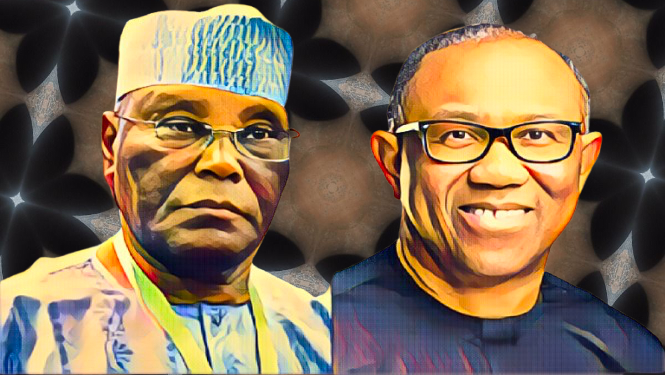Key Points
-
Jigawa delegates disrupt coalition meeting over imposed speaker.
-
Security protected Atiku, Obi, and Amaechi during tense standoff.
-
New Jigawa representatives selected to resume coalition talks.
A high-stakes political coalition meeting aimed at forming a formidable alliance ahead of the 2027 elections was disrupted when delegates from Jigawa State rejected imposed representation.
The event, held at the Abuja Continental Hotel, featured major political figures including former Vice President Atiku Abubakar, Labour Party presidential candidate Peter Obi, and former Rivers State Governor Rotimi Amaechi.
The meeting was organized by the National Political Consultative Group (North), but was derailed when Babachir Lawal, former Secretary to the Government of the Federation, introduced a delegate to speak for Jigawa.
Outraged, several Jigawa representatives stormed the stage, insisting the individual had no mandate from their group and was not chosen through consensus.
Security rushes in as chaos threatens political talks
The confrontation quickly spiraled out of control, prompting a rapid response from Nigerian Police officers, Department of State Services (DSS) operatives, and private security personnel.
Security teams formed a protective shield around Atiku, Obi, and Amaechi, preventing the situation from escalating further and ensuring their safety.
Eyewitnesses described the scene as tense, with shouting and physical jostling until order was restored.
The incident has thrown a spotlight on potential cracks within the coalition, which is seeking to bridge party lines and regional divides.
New Jigawa delegates appointed to resume disrupted dialogue
After several minutes of back-and-forth, calm returned to the room as Mustapha Lamido—son of former Jigawa Governor Sule Lamido—and another agreed-upon delegate were selected to represent the state.
This compromise was accepted by the majority of Jigawa representatives and allowed the meeting to continue.
However, political observers say the disruption by Jigawa delegates may signal deeper divisions that could challenge the viability of any united opposition movement ahead of the 2027 elections.
With such prominent figures involved, the coalition’s stability is being closely watched.



